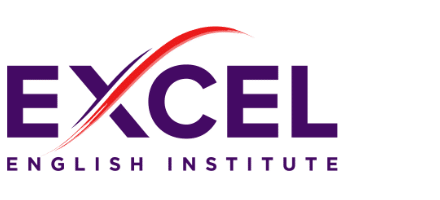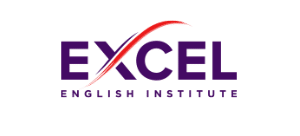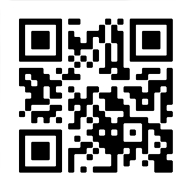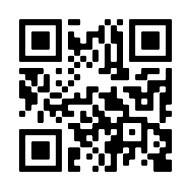What is the Difference Between the TOEFL and IELTS?
The TOEFL, Test of English as a Foreign Language, is an exam for non-native English speakers who wish to enter a university in the United States. As a teacher of TOEFL prep courses I have seen the exam change over the years going from a paper-based exam to computer based, and now internet based. With each change to the method of testing, there have been various changes to the content and skills tested as well. The current exam is a better measuring tool to ascertain whether a test taker can write, read, listen and speak on a college level in academic courses and take part in classroom situations and campus life.
How are the TOEFL and IELTS Exams Different?
Students often ask me if the IELTS exam is equal to the TOEFL exam, and the answer is “yes and no.” Although both tests can be taken by non-native speakers, the TOEFL is the test that is commonly used for entrance exams at universities and graduate schools. IELTS, on the other hand, is used for immigration reasons in the UK and Canada.
When comparing the formats of Academic IELTS and TOEFL, test takers who want to go on with higher education, should be aware that both exams have four sections: reading, listening, speaking and writing. The TOEFL tests independent and integrated skills where students must provide a written or oral analysis of reading and/or listening material. The subject matter is usually based on academic subjects, whereas the IELTS exam is geared to more real-world topics and; therefore, may be a little easier. However, with that being said, test takers should be sure if the university they are applying to will accept the IELTS as an entrance exam as some programs do not.
Should You take the TOEFL or IELTS?
It is important to do your homework when deciding which test to take. You will have to consider the school, its requirements, and the scores they require and where the tests are offered. Generally, the TOEFL exam lasts 4 hours whereas the IELTS is under 3 hours. The TOEFL is available at over 500 locations in the US and over 4,500 globally and the IELTS in only 59 locations in the US and 900 worldwide. Whether you choose to take the IELTS or the TOEFL test, you will need to prepare for either exam. The rest of this analysis will focus on the TOEFL exam, its sections and best practices for preparing for the test.
How Should You Prepare for the TOEFL Test?
Ideally, if you look at the TOEFL test, you will notice from the subject matter, pictures and prompts that everything on the test is related to college courses and life. This means there are excerpts to read, listen to or write about from college level text books about America history, English literature, science, geology, anthropology and other academic subjects. Therefore, in order to prepare for these skills, it is essential that test takers develop their vocabulary particularly regarding these topics. Reading National Geographic, listening to lectures online and watching educational TV will certainly help. In addition, enrolling in a TOEFL preparation course, purchasing a TOEFL prep book and taking practice tests will increase your success on this exam. This is a vital part of the getting ready for the test. On average I recommend a 3-month course to cover a whole book which includes practice tests.
In addition to formal preparation with a teacher and a book, I recommend exposing yourself to as much English as possible. This means that test takers should practice with native English speakers as much as possible, visit college campuses to experience and learn about college life, as part of the exam has listening and speaking scenarios that relate to campus life. The more exposure one has to American college life, the more one will be able to relate to the topics presented on the test. That is why test takers should plan to take the test far enough in advance to have ample time to really prepare for the exam.
The most overlooked part of the test is the speaking section. It may be more practical to memorize words and improve reading and writing skills, but speaking is the skill that takes special preparation. Feeling confident to efficiently speak on command and being able to process written information into a well thought out oral response while being understood (considering foreign accents), are especially challenging issues for non-native speakers. Preparing for this section is time intensive and needs continuous practice and refinement. Answering questions correctly in the reading section is all good, but it is essential to be able to communicate orally and be understood to get a good score on this part of the test. Therefore, test takers must be aware of this hurdle and work tirelessly to reduce their accents and pronunciation patterns in order to be understood on the speaking sections of the test.
In short, because preparing for the test is so labor-intensive, getting a good score on the TOEFL carries a lot of weight. Most programs would welcome a student who does well on it and can prove his/her English proficiency. As I always tell my students, “The worst thing that could happen is you get a high enough score to pass the test and get accepted to a university, but you are not proficient enough in all the areas of the test to keep up with your school work and end up flunking out”. After all, the TOEFL is a test that measures your ability to read, write, understand and speak effectively at an American university.
We have TOEFL courses starting every month. Space is limited, so if you are interested in enrolling in our TOEFL Preparation Program, apply today or call 214-363-1700 to reserve your spot!
